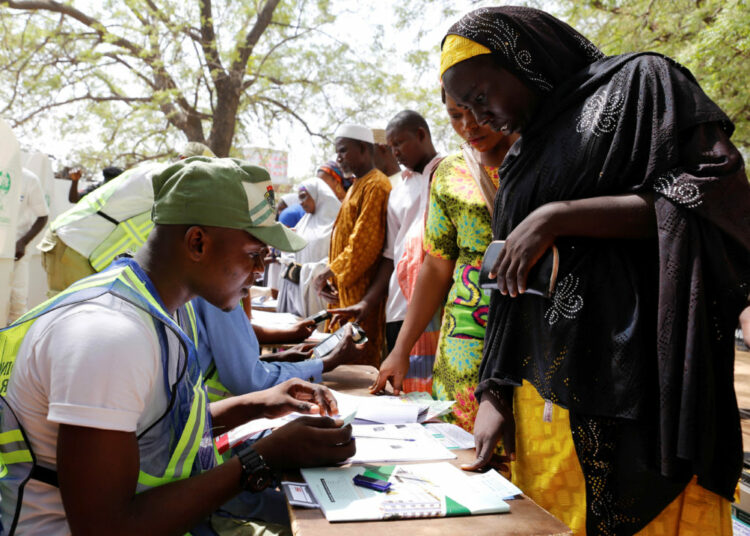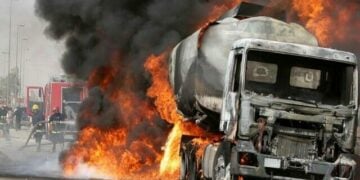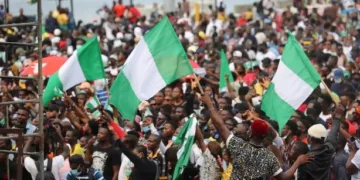Finally, the much-anticipated 2023 is here. Beyond our politics, this year will largely shape our economic and social psyche.
The upsets, dramas, violence and concerns heralding the general elections, less than 60 days away – precisely February 25 and March 11 – tell that much.
So far, the polity has been anything but civil politically. Despite the signing of the peace accord, attacks on political opponents have increased. Offices and facilities of the Independent National Electoral Commission (INEC) have been destroyed while the sponsors are yet to be apprehended.
Save for a brief period of clear, meaningful discussion on the real issues via debates, the campaigns have been uninspiring. Indeed, the campaigns significantly reflect either a denial or outright disregard for the immense socio-economic crisis the country currently faces amid an increasingly chaotic global political climate.
While the world economy remains unpredictable in the face of the war in Ukraine, rising COVID infections and weather crisis, our economy has never been so impaired.
For context, the 2022 Multidimensional Poverty Index survey by the National Bureau of Statistics reveal that 63 percent of persons living within Nigeria (133 million people) are multidimensionally poor. It adds that the National MPI is 0.257, indicating that poor people in Nigeria experience just over one-quarter of all possible deprivations.
The report gave a breakdown thus: 65 percent of the poor (86 million people) live in the North, while 35 percent (nearly 47 million) live in the South. Poverty levels across states vary significantly, with the incidence of multidimensional poverty ranging from a low of 27 percent in Ondo to a high of 91 percent in Sokoto.
Nearly two-third of the population of Nigeria is multidimensionally poor and cook with dung, wood or charcoal, rather than cleaner energy. High deprivations are also apparent nationally in sanitation, time to access healthcare, food insecurity, and housing.
In general, the incidence of monetary poverty is lower than the incidence of multidimensional poverty across most states. Multidimensional poverty is higher in rural areas, where 72 percent of people are poor, compared to 42 percent of people in urban areas.
Interestingly, as of 2018/2019, 40.1 percent of people were poor according to the national monetary poverty line.
The report also gave a glimpse of the future in its Multidimensional Child Poverty in Nigeria. According to the report, two-thirds (67.5%) of children (0–17) are multidimensionally poor and half (51%) of all poor people are children.
It added that the highest deprivations are in the indicator of child engagements – where over half of poor children lack the intellectual stimulation that is pivotal to early childhood development. Child poverty is prevalent in rural areas, with almost 90 percent of rural children experiencing poverty.
Across the geo-political zones, the child MPI shows higher poverty in the North-East and North-West (where 90% of children are poor) and lower poverty in the South-East and South-West (74% and 65.1% respectively).
As if this is not enough, the decade-long insecurity crisis is far from over, if anything, it has transformed into a monstrous kidnapping enterprise.
In fact, not a few high-profile Nigerians have expressed pity for whoever emerges president this year. It is indeed a disturbing prospect. But it could be an opportunity to rebuild too.
In Africa alone, no fewer than eight countries also have major elections this year. Besides Nigeria, Sierra Leone, Zimbabwe, Gabon, Liberia, and Democratic Republic of the Congo (DRC) have general elections this year as well. It is expected that Nigeria, being giants of Africa, would lead the way in ensuring not just credible elections but a peaceful transition process.
And this starts with all stakeholders in the electoral process abiding by the rules of engagement and adhering to the provisions of the laws of the land.
As a newspaper, with less than 60 days to the election, we expect not just political maturity from contestants but more robust engagements on how to solve the crises we face as a nation.
In this last lapse of campaigns, we need to see the contestants discuss issues; be more temperate and less inciting in their messaging; dissuade their followers from resorting to violence; and show much more empathy to the plight of Nigerians.





